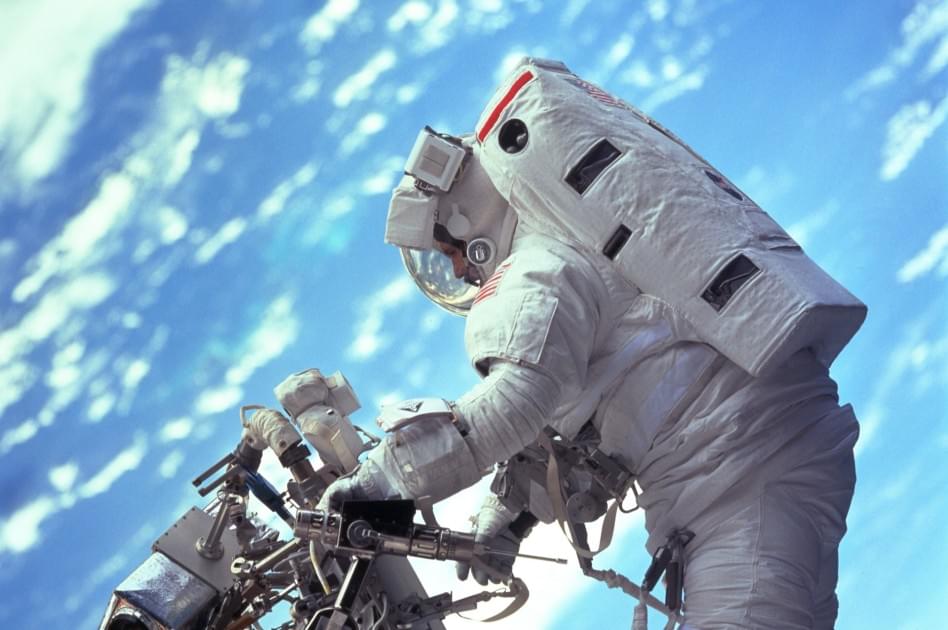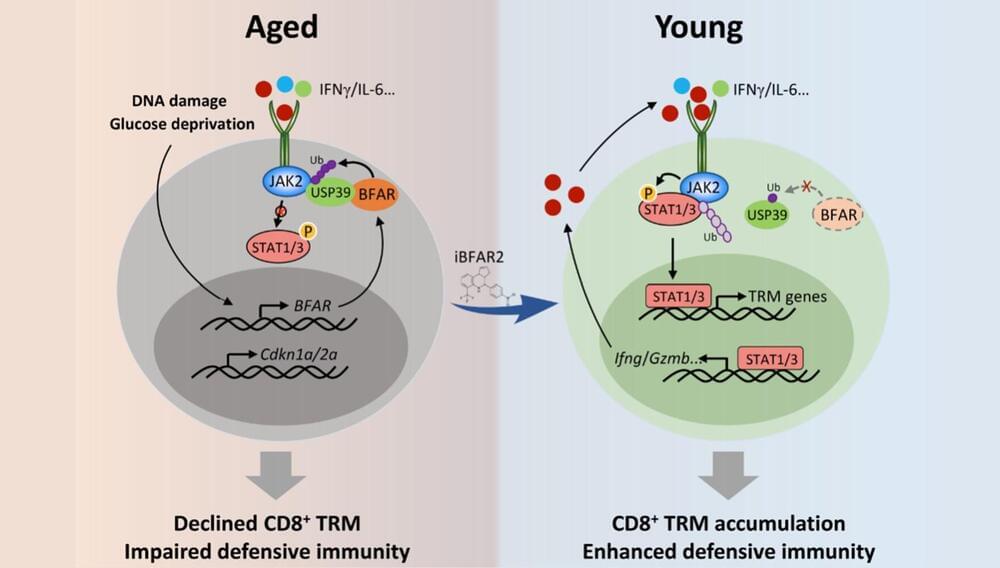
To maintain a healthy immune system, doctors advise patients to take vitamins and minerals. Vitamins have many functions that benefit the body, including resisting infection, energy boost, aiding in blood clotting, improving brain function, generation of red blood cells, promoting a healthy gut microbiome, improving wound healing, preventing eye deterioration, and developing strong bones. We can get vitamins from various sources, including orange juice, which is rich in vitamin C, folate, and potassium. Physicians often recommend supplements for patients low on specific vitamins. However, dysregulation of vitamins can weaken the immune system and promote overall bad health. One vitamin in particular that helps maintain cellular function includes B12. This vitamin is essential to generate DNA and red blood cells, and aids in nerve function, energy conversion, and protein metabolism. When a patient has a B12 deficiency it can result in muscle weakness, numbness in hands and feet, difficulty walking, nausea, loss of appetite, and unintentional weight loss. In addition, it can allow the buildup of a small molecule known as methylmalonic acid (MMA).
In healthy tissues, vitamin B12 helps break down MMA. In B12 deficient patients, MMA is increased and can be measured through blood or urine samples. Methylmalonic acid is produced when proteins in your muscle, known as amino acids, are broken down. Tests to determine B12 deficiency or a genetic disorder are done by physicians at birth and after the appearance of symptoms related to B12 deficiency. Interestingly, a group of scientists have discovered a new deleterious role of MMA in lung carcinoma.
A recent publication from Oncogene, by Dr. Ana P. Gomes and others, demonstrated that MMA in aged patients weakens immune cell function and promotes lung cancer progression. Gomes is a professor of molecular oncology at Moffitt Cancer Center in Florida. Her work specifically focuses on understanding metabolic changes as we age and how this change in metabolism influences cancer risk.


















